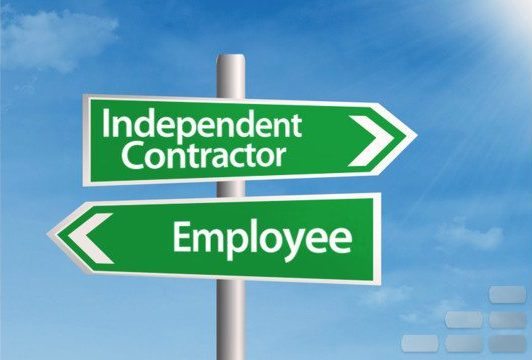Navigating the labyrinth of business taxes can feel overwhelming, especially with the constant changes in regulations and the myriad deductions available. It’s all too easy to slip up—small errors can lead to significant consequences, potentially costing your business time and money.
Many entrepreneurs, whether seasoned veterans or fresh startups, fall into common traps that could be easily avoided with a bit of knowledge. From misclassifying employees to neglecting valuable deductions, these oversights can haunt your bottom line.
Understanding the pitfalls and equipping yourself with the right information is essential. In this article, we will explore some of the most frequent tax mistakes made in the business world and provide practical guidance on how to steer clear of these costly errors.
Whether you’re a sole proprietor or managing a growing corporation, it’s time to ensure your tax practices are as robust as your business model.
Failing to Keep Accurate Records: The Importance of Documentation

Failing to keep accurate records can be a silent saboteur of your businesss financial health. Imagine sifting through piles of receipts and documents, only to find that crucial pieces are missing or poorly organized—this is more than just frustration; it’s a potential tax disaster waiting to happen.
Proper documentation is the backbone of a successful business; it not only helps you track income and expenses but also protects you during audits and ensures compliance with tax laws. Each transaction holds significance, whether it’s a hefty equipment purchase or the small lunch meeting expense you overlooked.
By embracing meticulous record-keeping habits from the start, you position yourself to navigate the murky waters of taxation with confidence, reducing the risk of errors and the headaches that follow. Therefore, invest the time to organize your documentation; your future self will thank you when tax season rolls around.
Incorrect Classification of Workers: Employee vs. Contractor

Misclassifying workers as contractors instead of employees can lead to significant tax repercussions for your business, often catching even seasoned entrepreneurs off-guard. The distinction may seem straightforward, yet it is fraught with nuances that can make or break your bottom line.
Employees typically receive benefits, have taxes withheld, and enjoy certain protections under labor laws, while contractors operate with more independence but at a cost to your liability. Failure to classify a worker correctly can result in hefty fines, back taxes, and even potential legal battles.
Picture this: you think you’re saving money and time by designating multiple workers as contractors, but the IRS sees a red flag. Suddenly, your tax obligations multiply as you scramble to rectify the misstep.
Understanding these classifications not only helps you stay compliant but also empowers you to make informed decisions that enhance your businesss sustainability and reputation.
The Impact of Poor Financial Planning on Taxes

In the realm of small businesses, poor financial planning can wreak havoc when tax season rolls around. Imagine finding yourself scrambling to gather receipts, only to discover that crucial deductions have slipped through the cracks.
The result? You’re left with a hefty tax bill that could have been mitigated with thoughtful preparation. Beyond the immediate financial strain, inadequate planning often leads to missed opportunities for tax credits and benefits designed to support business owners.
Furthermore, the stress and chaos of last-minute tax preparation can not only erode your peace of mind but also divert your attention from core business operations. In essence, failing to engage in strategic financial planning sets off a chain reaction, impacting not just your taxes, but the overall health of your business.
Conclusion
In conclusion, navigating the complexities of business taxes can be daunting, but avoiding common pitfalls is crucial for your financial health. By staying informed and proactive, you can ensure that your business remains compliant and optimized for tax benefits.
Remember, the right guidance can make all the difference. Whether its understanding deductible expenses or maintaining accurate records, enlisting professional help can save you time and money.
Accountancy Capital offers valuable resources and support to help you steer clear of costly mistakes. Take charge of your tax strategy today to set your business up for long-term success.


